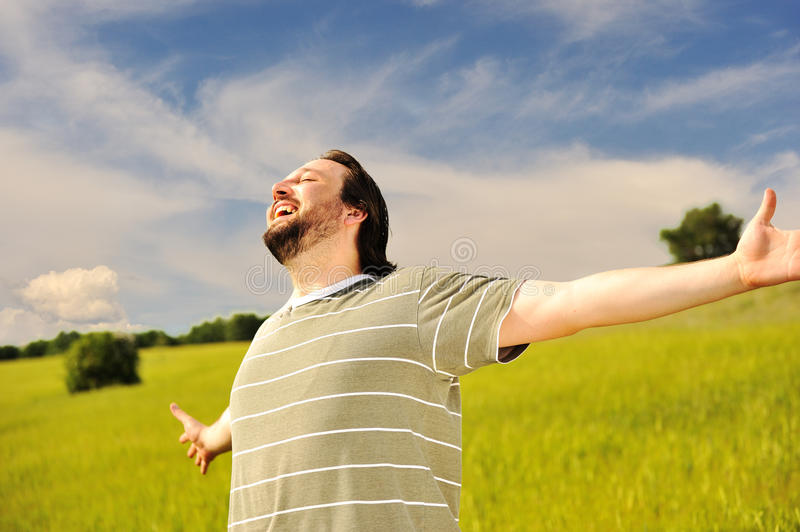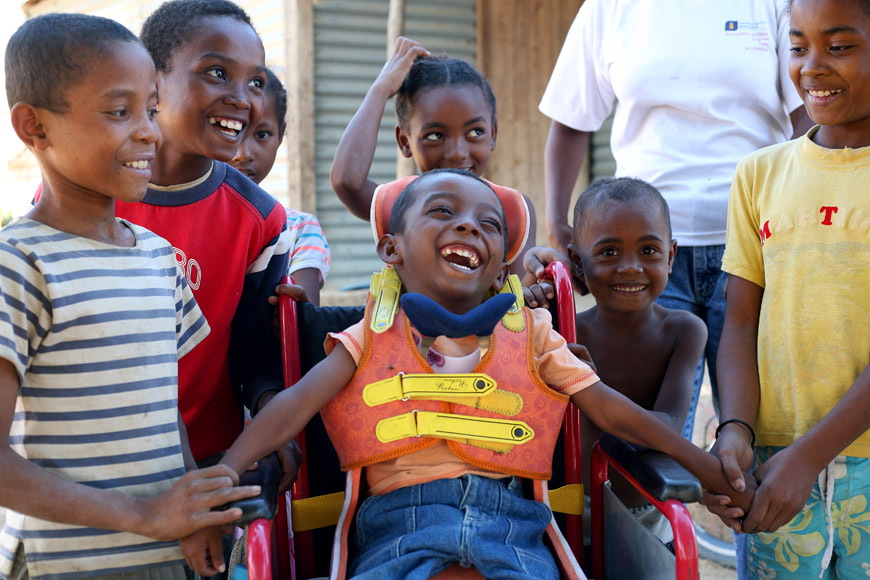What can I do this Mandela Day?
“What counts in life is not the mere fact that we have lived. It is what difference we have made to the lives of others that will determine the significance of the life we lead.”
– Nelson Mandela
As I sit down to write this blog, the hype around Mandela Day is just beginning. Companies and individuals are looking for ways in which they can spend their 67minutes on the day to show they care, while non-profits are thinking up innovative ways to attract them to their organisation.
18 July. The day Nelson Mandela was born, and the day South Africa declared to be a national day of doing good for others, just as Nelson Mandela did for his fellow citizens. Many people have said that it should be Mandela Day every day; that we should be helping and supporting others every day, not only on one specific day in the year. Whatever your opinion on this, the bottom line is to help others.
It is so easy at times like these to get caught up in the hype and commercialisation; to be involved because everybody else is or because we don’t want them to think we aren’t compassionate and caring or we don’t want to be left out. FOMO. Fear Of Missing Out. The concern we have that if we aren’t in the thick of whatever is happening around us, we’re somehow losing out.
But is that the correct way of thinking about it? What if we saw this day as a means of getting out of our own daily lives to experience the lives lived by others? Of giving to someone that which we take for granted. And here I’m not talking about blankets, clothes, food and hot running water; but rather those things that cannot be seen but we experience every day without a second thought.
Something like… Freedom.
The freedom to go where we want, at any time we like, with whomever we like. Many of us have experienced the trauma of oppression; having someone else tell us where to go, what to do, how to do it. For many people with disabilities, this continues to be a reality. They are told where they should live, what they should do with their life, and with whom to socialise. Many don’t have the freedom to receive counselling and advice regarding their own impairment, the freedom to expect protection in situations of domestic abuse, crime or natural and man-made disasters, even the freedom to speak for themselves and take responsibility for their own lives! Consider how many persons with disabilities you encounter while going about your daily tasks. How are you able to give freedom to someone in a way that you take for granted but that they haven’t experienced before?
Something like… Inclusion.
Human beings are sociable creatures; we need to belong to a group or groups. These may be religious groups, sports clubs, political affiliations, arts and craft groups or a group of enthusiasts on any topic imaginable. Think of any group in which you are included. How many people with disabilities are in your group, if any? Have you ever wondered why they aren’t there? Is your meeting place accessible to them? Are they able to access information on your group in local media? I can assure you that their absence is not because there aren’t any persons with disabilities living in your area. They just haven’t been included.
Something like… Dignity.
Every human being has the right to be treated with dignity and respect. This is enshrined in our Constitution and is relevant to all South Africans, including those with disabilities. Yet somehow they are regarded as sub-human, easy targets for crime and exploitation and helpless. Stigma abounds and in traditional cultures that embrace superstition and witchcraft, the outlook for anyone with an impairment is bleak. So, should we treat someone with respect because the law says so, or because it’s the right thing to do? I’m going with the second option! Question your motives the next time you’re around someone with a disability. Would you like to be treated the way in which you’ve treated them? And if not, how can you change your future behaviour?
This is not an exhaustive list of possibilities but it does make one think about ways in which we can help others without spending money on them. Make no mistake, I am not advocating that you boycott all the wonderful initiatives that abound in the run up to Mandela Day! What I am saying, is look a little wider than traditional ways of support. Consider how you can make someone feel that they have a contribution to make to society, what you can learn from someone who lives a very different life to ours. I can guarantee that when you put these actions into practice, you won’t be disappointed!
The struggle for civil rights is over but the struggle for human rights continues. Can we count on you?
“We need to know with a fresh conviction that we all share a common humanity and that our diversity in the world is the strength for our future together.”
– Nelson Mandela




